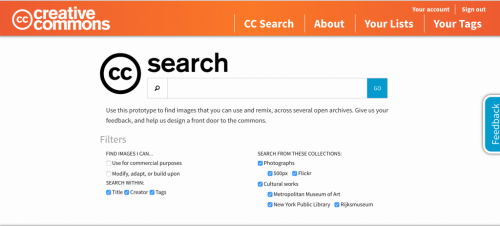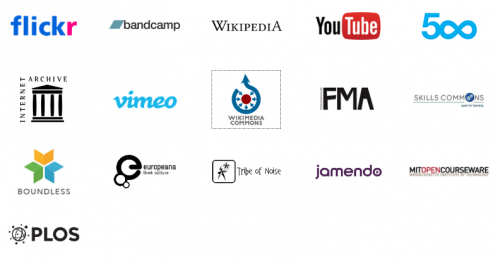GLWTPL is awesome!
GLWT Public License
Copyright (c) Everyone, except AuthorThe author has absolutely no clue what the code in this project does.
It might just work or not, there is no third option.Everyone is permitted to copy, distribute, modify, merge, sell, publish, sublicense or whatever they want with this software but at their OWN RISK.
GOOD LUCK WITH THAT PUBLIC LICENSE
TERMS AND CONDITIONS FOR COPYING, DISTRIBUTION, AND MODIFICATION0. You just DO WHATEVER YOU WANT TO as long as you NEVER LEAVE A TRACE TO TRACK THE AUTHOR of the original product to blame for or held responsible.
IN NO EVENT SHALL THE AUTHORS BE LIABLE FOR ANY CLAIM, DAMAGES OR OTHER LIABILITY, WHETHER IN AN ACTION OF CONTRACT, TORT OR OTHERWISE, ARISING FROM, OUT OF OR IN CONNECTION WITH THE SOFTWARE OR THE USE OR OTHER DEALINGS IN THE SOFTWARE.
Good luck and Godspeed.


